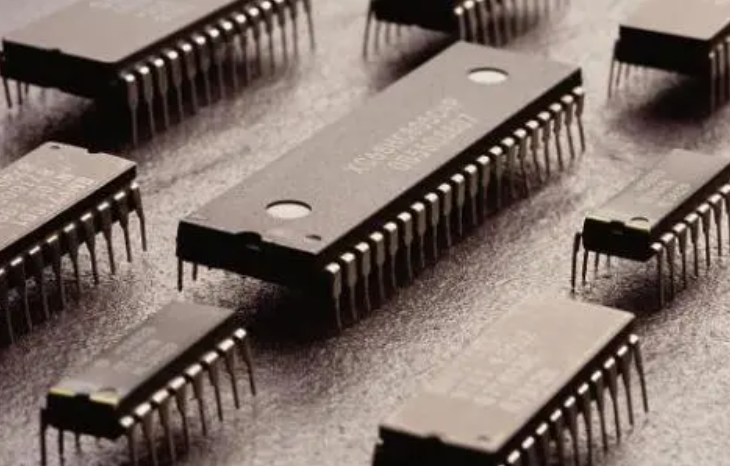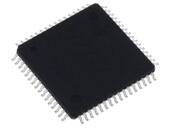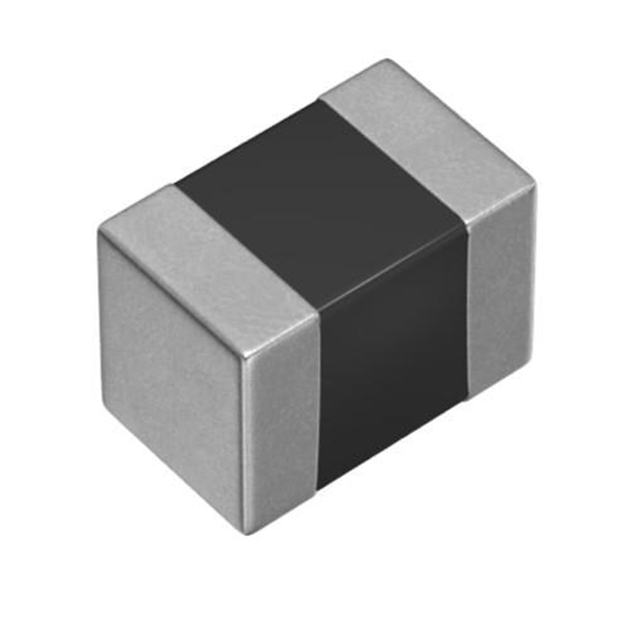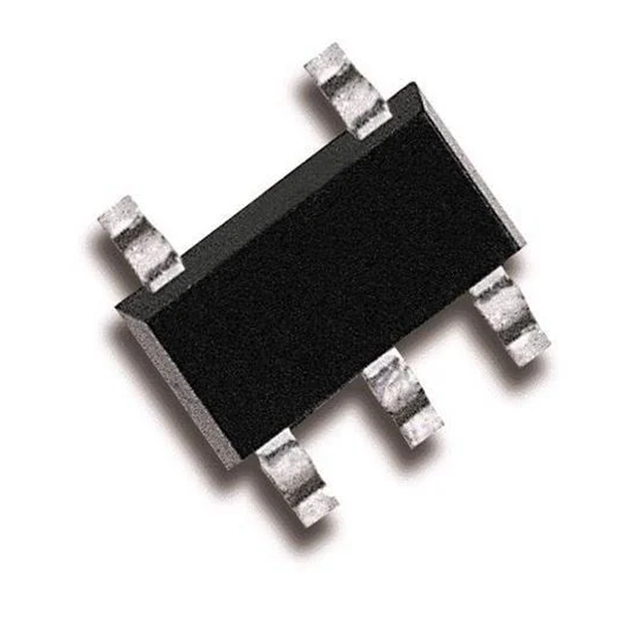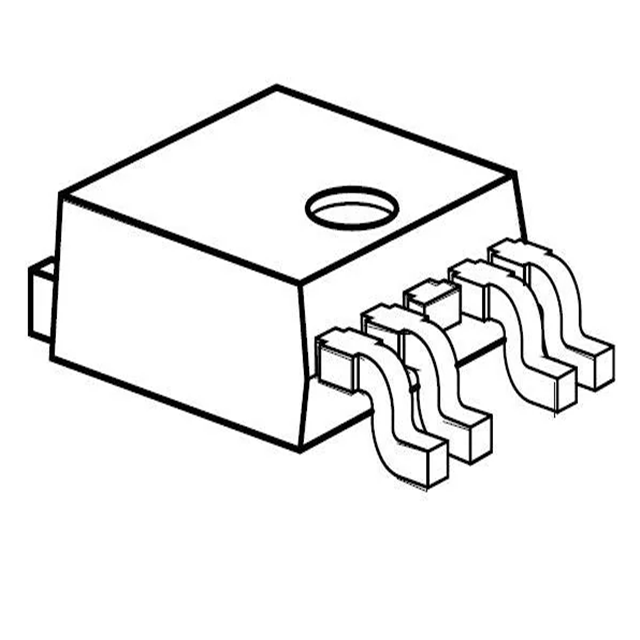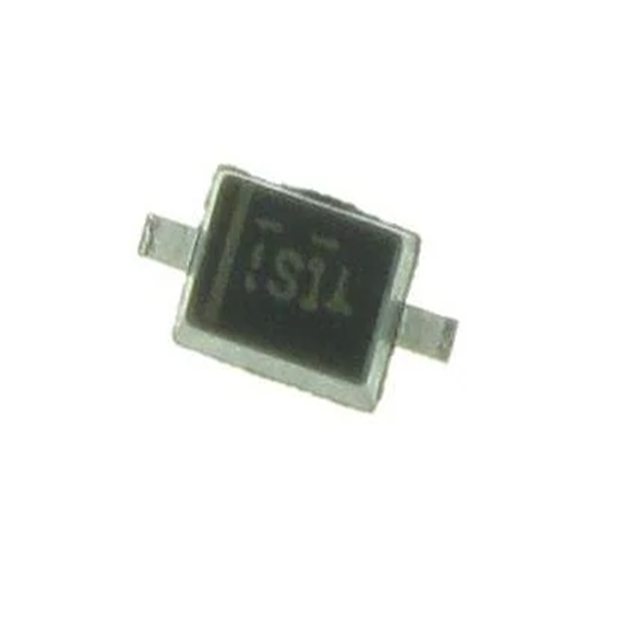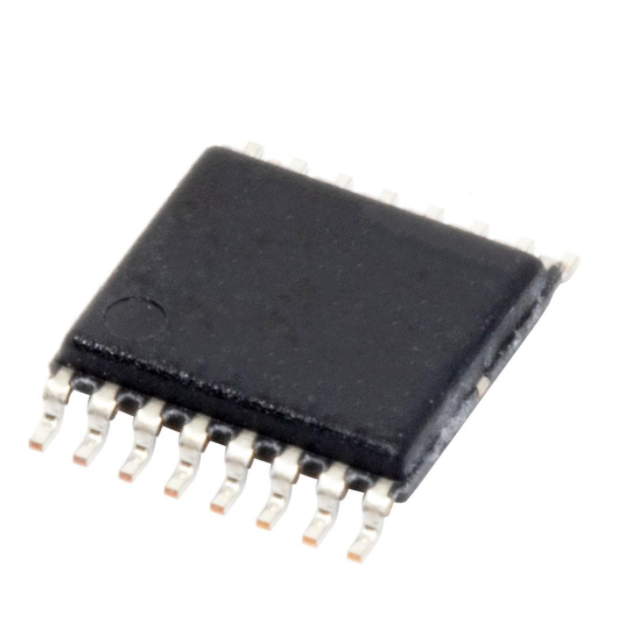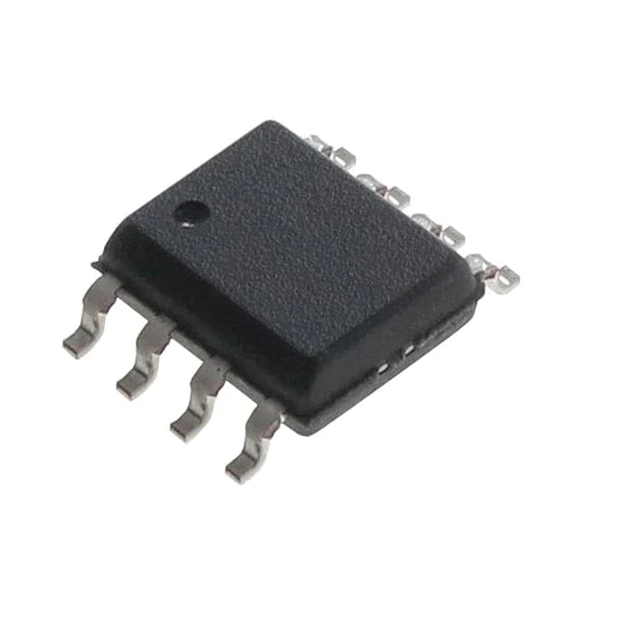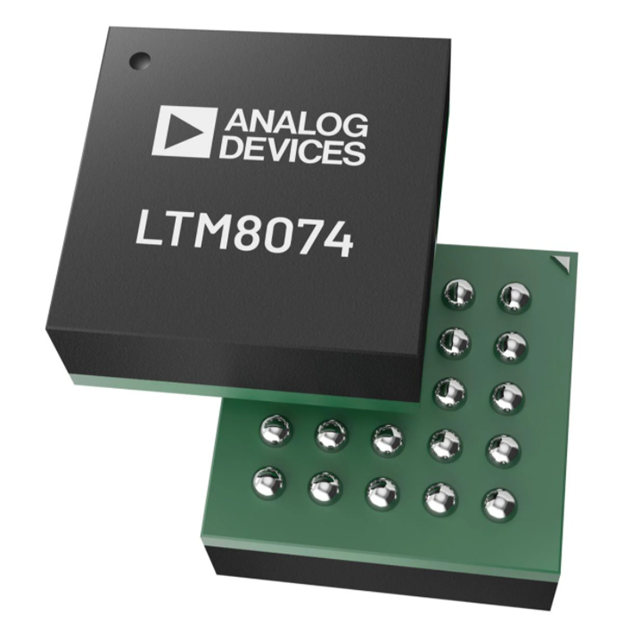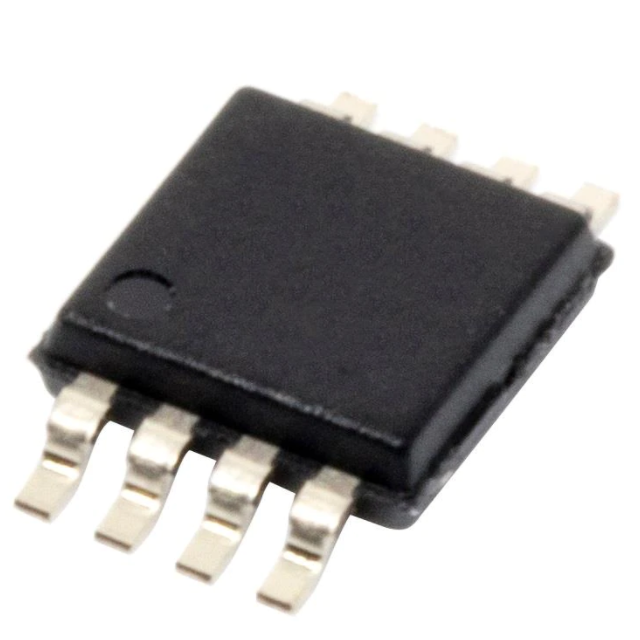The global semiconductor recovery momentum remains undiminished
Benefiting from the driving force of the AI wave and the gradual recovery of demand in the consumer electronics market, the semiconductor market is continuously releasing positive signals.
Recently, data released by the South Korean Ministry of Industry, Trade, and Resources showed that South Korea's chip exports in March this year were $11.7 billion, a year-on-year increase of 35.7%, marking the fifth consecutive month of growth, with the highest monthly growth rate since June 2022. The industry believes that driven by smartphones, data centers, and AI, South Korean chip exports have increased.
At the same time, the Semiconductor Industry Association (SIA) of the United States announced that the global semiconductor industry's total sales in January this year were $47.6 billion, a year-on-year increase of 15.2%, and global semiconductor sales in February increased by 14.3% year-on-year. Previously, SIA revealed that the global semiconductor industry's total sales in 2023 decreased by 8.2% year-on-year. However, with the recovery of the semiconductor market in the second half of last year, global chip sales will grow by 13.1% this year, reaching 595.3 billion US dollars.
In the field of storage, Micron Technology's latest financial report shows that due to the strong demand for HBM from artificial intelligence AI, Micron Technology achieved a turnaround from loss to profit in this quarter, and its financial forecast for this quarter was better than expected. Micron Technology's revenue in the second quarter of fiscal year 2024 was $5.82 billion, compared to $4.73 billion in the previous quarter and $3.69 billion in the same period last year, a year-on-year increase of approximately 57.7%, far exceeding the 15.6% growth rate in the first quarter and exceeding the company's own guidance range of $5.1 billion to $5.5 billion.
AI not only benefits the development of HBM, but also helps the demand for advanced packaging continue to rise, attracting large factories to continuously expand production. Currently, AI chips mainly use advanced Cowos packaging. In order to meet market demand, media reported in March that TSMC plans to invest $16 billion to build a new advanced packaging plant, which is expected to start construction in April. It is reported that TSMC plans to set a CoWoS production capacity target of 35000 wafers per month this year, and increase it to 44000 wafers per month by the end of 2025. With the opening of the new factory, TSMC's CoWoS production capacity is expected to be higher than expected.





